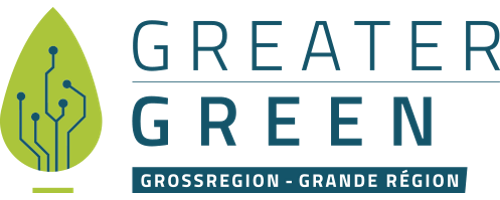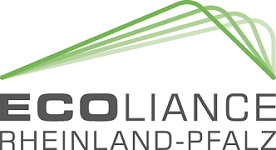Workshop "What future for the cross-border environmental technology network GREATER GREEN?"
After four years of implementation, the funding of the GREATER GREEN project will come to an end. The project, which started in 2016, aimed at networking the clusters of the Greater Region in the field of environmental technology. As the first European cross-border network for environmental technologies, the meta-cluster links networks in Rhineland-Palatinate, Saarland, Lorraine, Luxembourg and Wallonia. During these four years, four thematic working groups have been established: Water and wastewater management, decentralised energy systems, sustainable construction and building technology, circular economy and recycling. A brochure detailing the lighthouse projects in the field of environmental technologies in the five regions will be published at the beginning of November.
On 14 October 2020, GREATER GREEN organised a workshop on the topic of service offer and continuity of the project as part of the "Connecting GR" event. As INTERREG funding will come to an end this year, the question arises how and with what structure the established network can be continued.
20 interviews were conducted to better identify the needs and obstacles for further cooperation. The needs identified included: networking, access to external expertise in the Valley of Europe, strengthening cross-border cooperation, training and support for the development of cooperation projects. The language barrier was identified as the biggest obstacle.
The Business Model Canvas tool was used to define the potential customers and value proposition for the meta-cluster. The principles are that the meta-cluster should not compete with, but complement and strengthen the services offered by clusters, that clusters should not compete with each other and that the services offered should promote and facilitate cross-border (or even European) cooperation. The meta-cluster would thus have as customers first and foremost the clusters and indirectly also the customers of the clusters (companies, research institutions, municipalities, universities, start-ups, etc.).
Two scenarios are envisaged: the dedicated structure or the structured cooperation network. The workshop participants expressed their support for the structured network, which has lower operating costs, eliminates the risk of competition between a structure and its members and allows easier access to European funding for projects. However, this option requires the willingness of each individual member to make its contribution and respond within acceptable deadlines. This commitment must be made by signing a framework agreement. Governance will rotate every six months in a different region.

